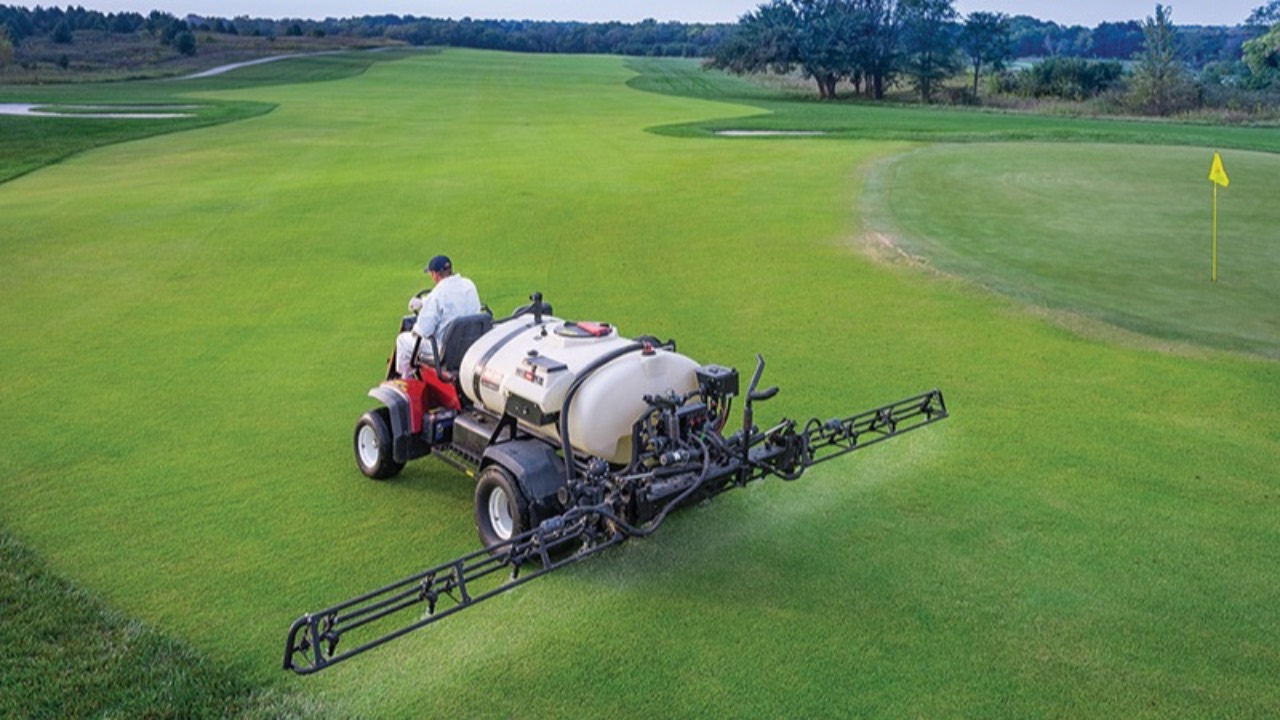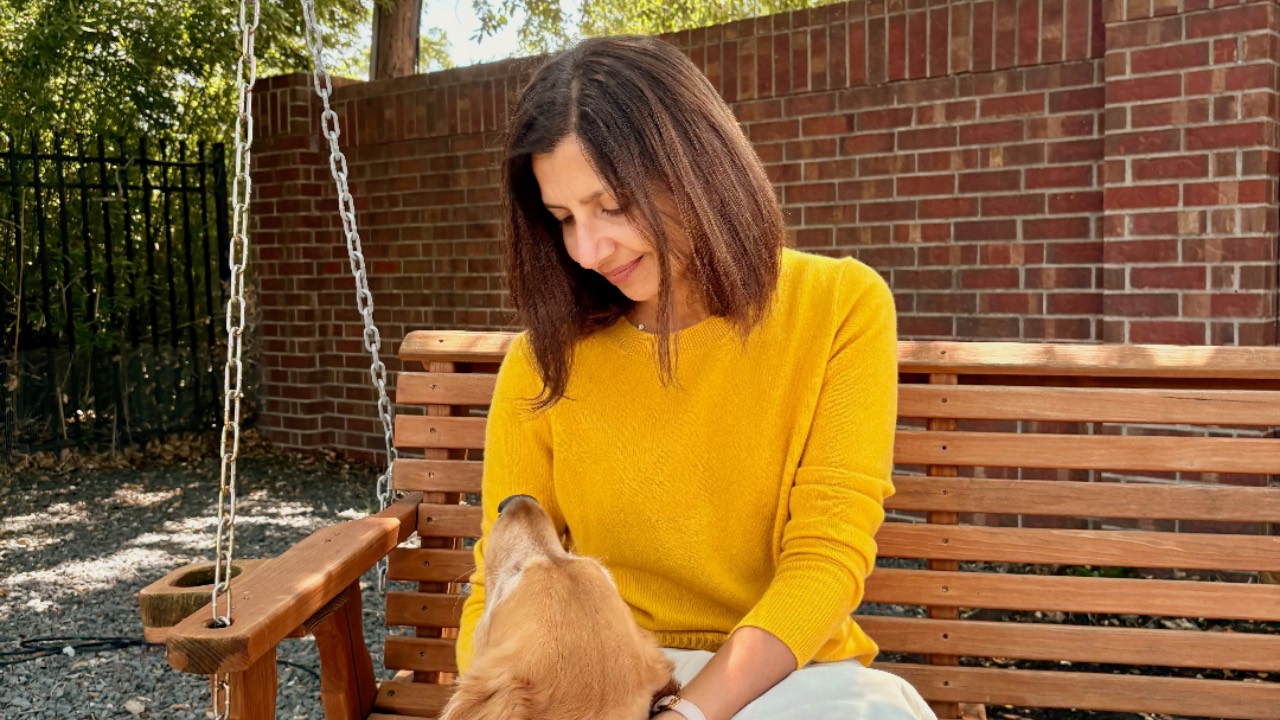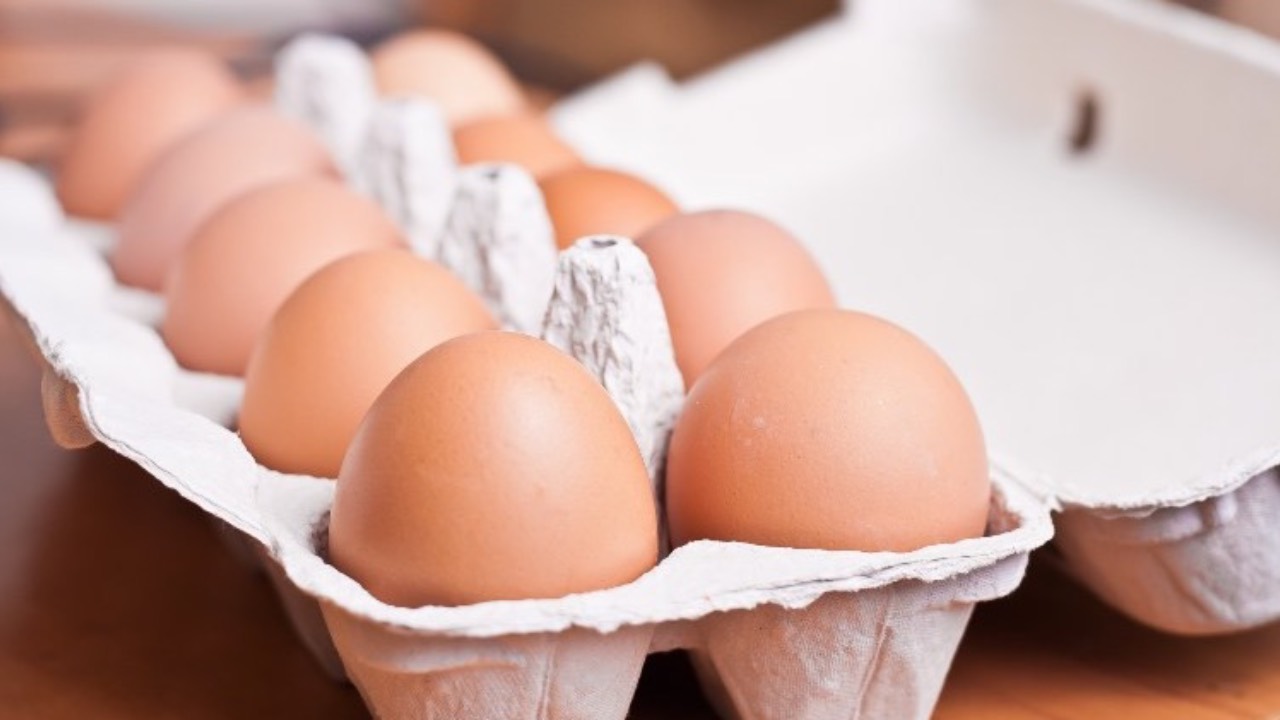Issue 6: Livestock's Impact on Women's Empowerment and Global Food Security
It's already March?? How did that happen? The past month just slipped away like water through my fingers; as a result, I missed getting the February Newsletter out. I guess that extra day or two each month really does make a difference.
Since International Women's Day is later this week, I thought I'd highlight women's role in food security and access to nutrition - a keen interest of mine. We have so far to go still... I just wanted touch upon several ways that nutrient-dense animal foods and women's rights go hand-in-hand. We need more understanding of the nuances around farming livestock, food access, and food security. Supporting these areas necessitates supporting women.
#1 Women's Empowerment & Livestock
Owning livestock alleviates poverty. Women make up two-thirds of the world's 600 million, poor, livestock farmers. In countries where women cannot own land, they can own livestock. As a result, owning livestock is a source of livelihood for poor, uneducated, unskilled women in rural places. As a result, livestock is a means to economic empowerment for women in much of the world.
According to the UN, women's dairy farming in East Africa provides their children with key nutrients that they would not otherwise have access to. Dairy farming is the principle means of women's income in these countries. It's proven that women who have access to and control livestock assets, improve the health, education and food security of their families.
Owning livestock promotes social equity for women. Women are the main caretakers of local livestock breeds. They play a major role in conserving livestock diversity as well as in small livestock production and marketing.
Studies show that women who own livestock have more respect within their families, share more decision-making, have healthier children, and are able to spend more on food and clothing.
But despite their central role in livestock management, they continue to face constraints and discrimination because of their gender. This leads to poor access to necessary resources, animal health services, technologies, information, as well as limiting their access to markets.
|
|
#2 Gender Equality through Livestock
When you realize that half of the world's small farmers are women, keeping them repressed and constrained obviously impacts the entire country's economy, health, and well-being. Gender equality, then, has far-reaching impacts; it's about uplifting all of humanity. According to the UN, if women had the same access as men do to resources, productivity would increase by 30% and the number of poor people in the world would decrease by 17%.
So pursuing gender equality, at a policy level, as well as at cultural and local levels, is a necessary and invaluable approach to making agriculture a profitable pursuit for communities. Project Mesha in Bihar, India is one such program with that goal. It trains women to be Pashu Sakhis, "friends of the animals," or, essentially 'goat nurses'. Their training allows them to provide basic health services to goats and other small livestock. Such programs allow economic independence for women and empower women to help themselves and their families - increasing access to healthier, nutrient-dense foods, better opportunities and health outcomes for their children, and more economic stability.
#3 Women & Food Security
Women produce half the world's food. In developing countries they produce 60-80% of the world's food. Yet food insecurity is disproportionately higher for women (32%) than it is for men (27%) because of gendered norms around ownership, access to credit, and child care constraints. One in three women in the world is anemic and malnutrition in pregnant and nursing women sets up a cycle of poverty, child mortality, lower cognitive functioning, and lower income productivity.
Animal sourced foods such as meat, dairy, and eggs, are nutrient-dense and highly bio-available, leading the World Bank to identify livestock breeding as "pillar of the global food system." When women do have access to finances and livestock, they spend more on household nutrition and education for their children. When they own livestock, they increase the chances that their families will have access to the foundational proteins, vitamins, and minerals from animal foods. This directly relates to woman-and-child food security.
(Investing further in centralized, industrial food production is not a solution; it's actually a key part of the problem as the empty grocery shelves and produce bins proved to us during COVID.)
Women’s empowerment and closing the gender gap in agriculture and food systems are essential to eradicating hunger, malnutrition and poverty. It's why the UN says, "for a food secure world, invest in women and girls."
I hope you enjoyed the content in this month's newsletter. Our world is complex and multifaceted. Don't let the media's oversimplification and deliberate misinformation on vital issues ("meat is bad," "cows are destroying the environment") sway you to the wrong conclusions. Please feel free to share this newsletter with your friends and family - awareness is always the first step!
Remember, health is a birthright. Claim yours.
Chat soon,
Lubna
Galiè, A., Teufel, N., Korir, L. et al. The Women’s Empowerment in Livestock Index. Soc Indic Res 142, 799–825 (2019). https://doi.org/10.1007/s11205-018-1934-z
Mian, R. U., et al. (2007). Impact of dairy farming on livelihood of participating women under Grameen Bank in a selected area of Rangpur District in Bangladesh. Indian Journal of Agricultural Economics, 62(902-2016-67385).
Njuki, J. (2022, September 27). "For a food secure world, invest in women and girls." United Nations, Africa Renewal.
"Partner Spotlight: Together, AKF and The Gates Foundation Ask: Can Goats Empower Women?" https://www.akfusa.org/our-stories/gatesgoats/
Taj, et al. (2012). Livestock development through micro-credit. A hope for poor resource women in rural areas of Faisalabad, Punjab. Journal of Agricultural Research, 50(1), 135-143.





